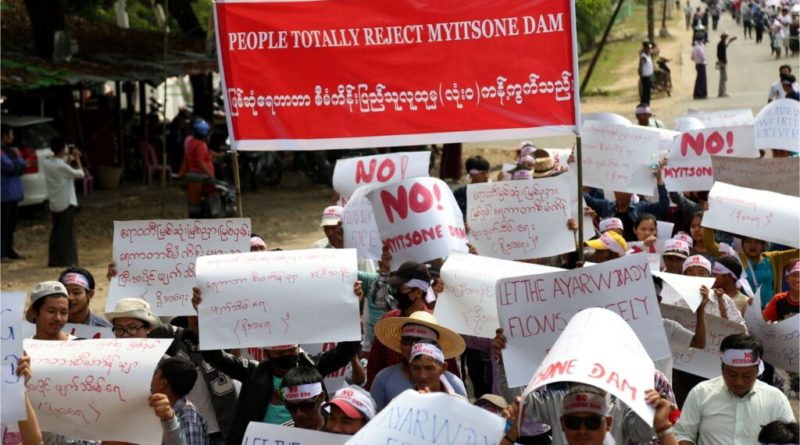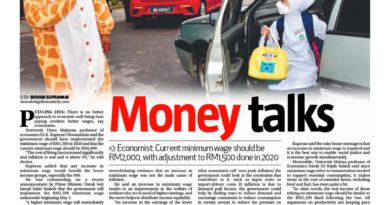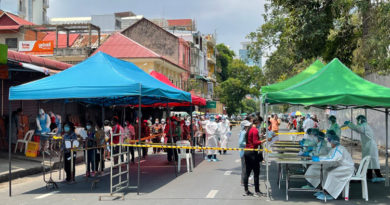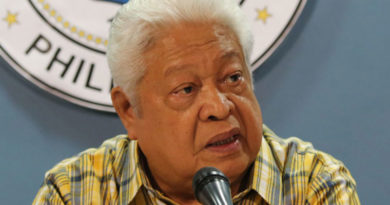ASEAN HEADLINE | How popular resistance and civil society in Myanmar defied China’s Belt and Road programme
.
.
Academic researcher Debby Chan explains in a new book how Myanmar’s impacted communities, activists, and other ‘societal stakeholders’ stopped or changed the developmental course of China’s infrastructure megaprojects in their country
The Belt and Road Initiative (BRI) is a transcontinental infrastructure programme launched by the Chinese government a decade ago that advances Beijing’s strategic economic and political goals at home and beyond China’s borders. These ambitions, however, met with unanticipated setbacks in Myanmar in the 2010s.
Why were BRI’s development projects in Myanmar beset by so many challenges and disruptions? In my newly published, open access book Defying Beijing: Societal Resistance to the Belt and Road in Myanmar, I examine instances when the infrastructural megaprojects of the BRI faced unexpected resistance in the host country.
Beijing and its state-owned enterprises often disregarded the influence of resistant societal stakeholders—including impacted communities, activists, and social elites—in rolling out the development projects. Officials and investors in China were unaccustomed to such friction in a domestic environment with comparatively weak civil society and firmer hands guiding. . .
.

@[email protected]


 Memento Maxima Digital Marketing
Memento Maxima Digital Marketing






